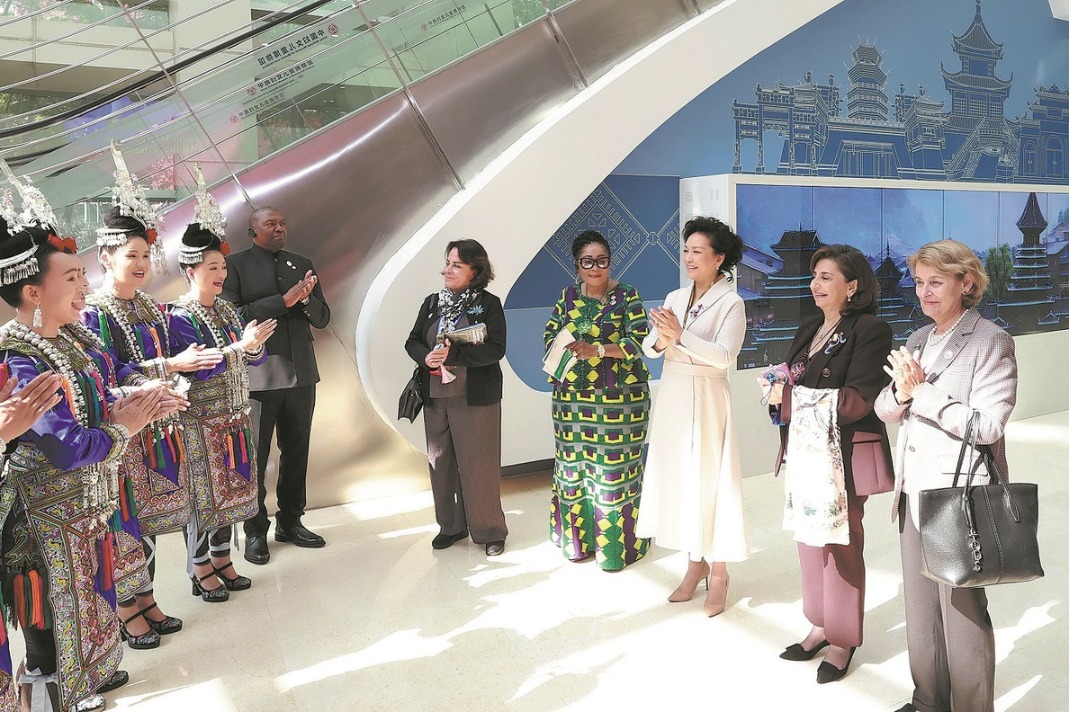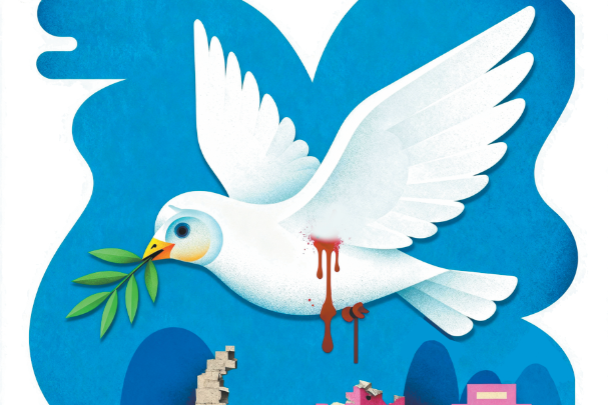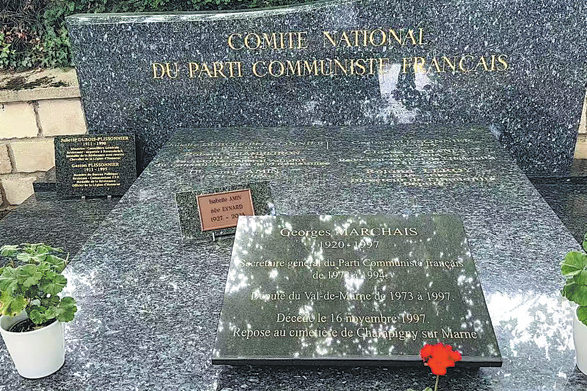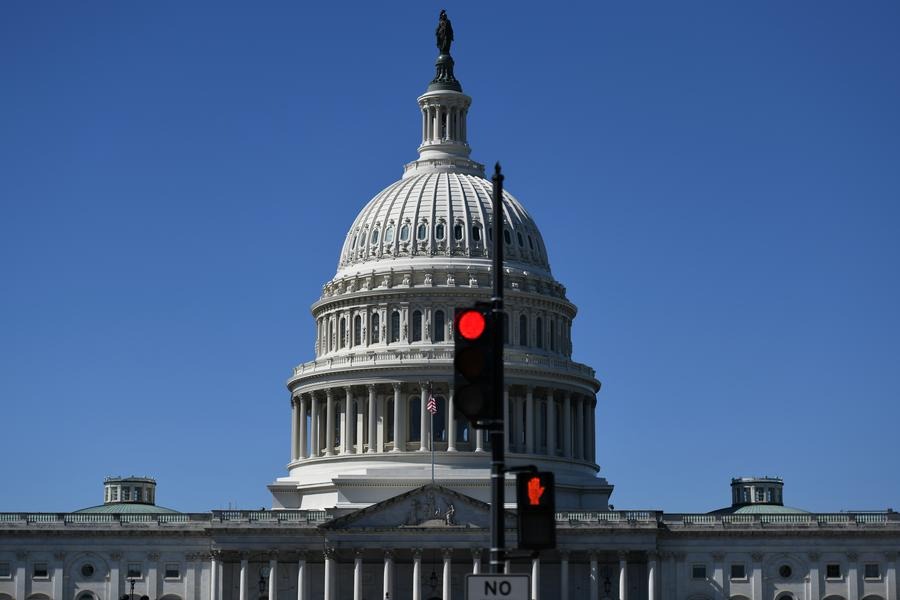Negotiation the only way out for peace in Ukraine: Editorial flash

The Chinese proverb, "Three feet of ice does not form in a single day", aptly describes the origins of the Ukraine crisis. This very crisis is the result of decades of geopolitical tension and layered grievances, as NATO's five rounds of eastward expansion, entrenched US-Russia antagonism, and enduring geopolitical rivalries have intertwined to produce a full-scale security rupture in Europe. Meanwhile the presence of US and NATO weapons in the battlefield have added complexity to the issue. What the world sees today is not an isolated event, but the culmination of accumulated contradictions.
Thus it's illusory to expect such ice in Europe, frozen over many years, to be thawed in a single day in Alaska. The Friday meeting between US President Donald Trump and Russian President Vladimir Putin yielded no substantive agreements, underlining the truth that even the leader of the world's only superpower and the head of the largest country by landmass cannot, in a single encounter, extinguish the flames of conflict burning across Ukraine and Russia.
Before the meeting, both Moscow and Kyiv had publicly stated their conditions for peace, which are apparently still far apart. After the meeting, there were no any details mentioned about the concerns of the two countries, not to mention solutions to narrow the gap of their respective common ground.
Yet for the soldiers bleeding and civilians caught in the crossfire, peace is desperately urgent. Three and a half years into the crisis, every day without peace means another day of bloodshed at the front and prolonged exile for the displaced. Under the shadow of modern weaponry, casualties mount daily in the battlefields that are counted in hundreds of thousands while millions more have lost their homes.
Even involved in bloody conflicts, Russia and Ukraine as two sides still hold some interests in common, and that is "pursuing peace", a slogan that appeared on site and was posted by the White House on X at the beginning of the meeting. The earlier peace arrives, the sooner soldiers can put down their arms and go home for reconstruction.
In the news brief that followed the meeting, President Putin said "negotiations have been held in a constructive atmosphere of mutual respect", which reaffirms that dialogue remains preferable to escalation. European history over the past centuries shows that, however complex and intractable the situation, the door to peace and reconciliation must never be shut.
Until peace is achieved, all parties must work to cool tensions and foster contact between the two sides, with the goal of halting hostilities. Responsible diplomacy is needed — not symbolic gestures, but sustained, determined engagement to bring about a political settlement. The guns must fall silent through negotiation, not exhaustion.
The cost of delay is measured in lives lost, homes destroyed, and futures derailed. The dawn of peace must come sooner, not later.

































